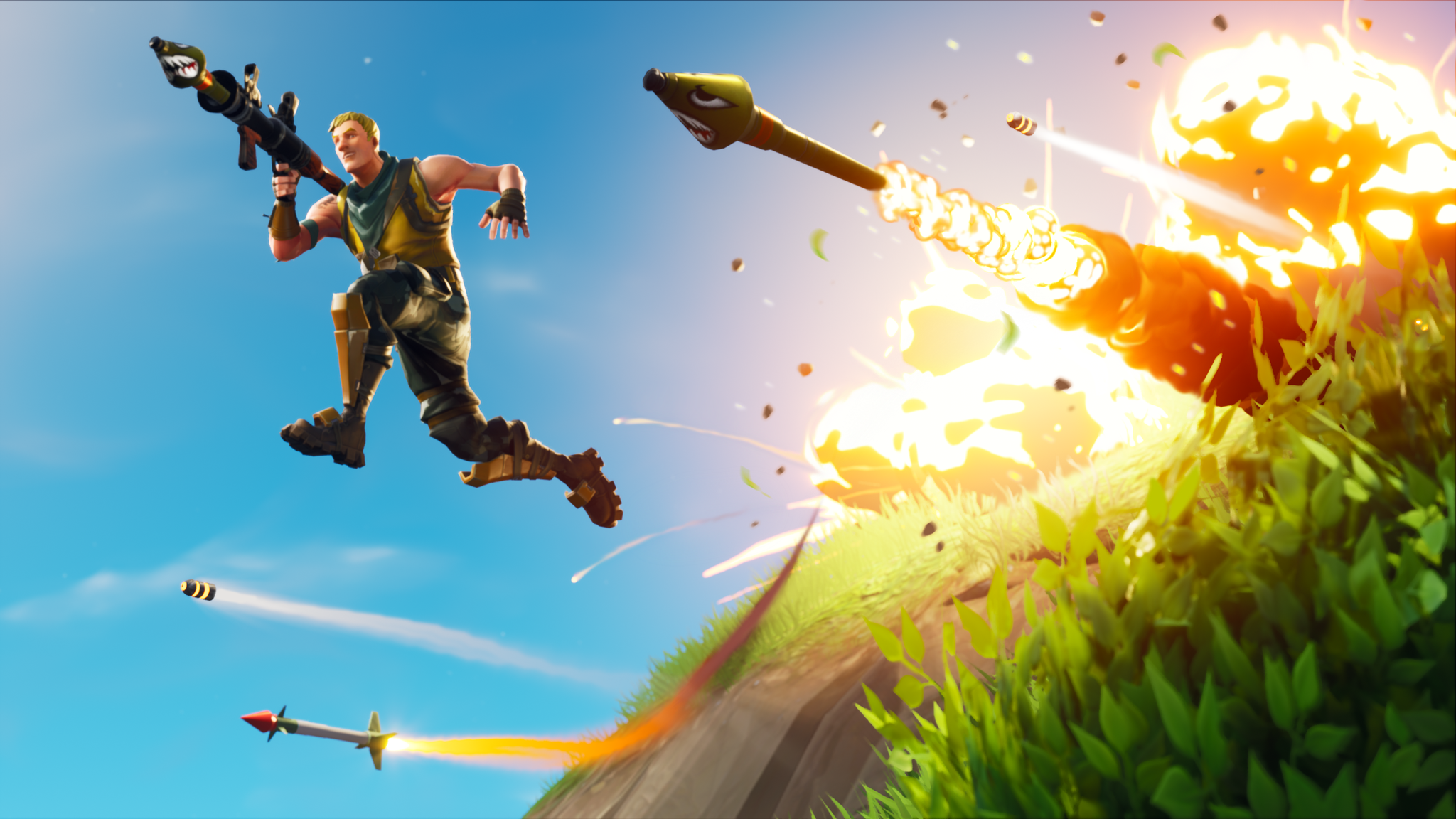The global hit Fortnite has been embroiled by controversy – but is this really a big deal, or a re-run of gaming scare campaigns of old?
Fortnite has taken the world by storm in recent months, with the popular survival game even reaching A-list celebrities, most notably rapper Drake. But as with seemingly every other popular video game over the years, controversy inevitably follows huge popularity.
Likes its predecessors, Fortnite has been accused of causing video game addiction – which has been transformed into a metal illness of its own, branded “gaming disorder”.
This has sparked fears in parents, that their child is going to become mentally ill by simply playing a video game.
Alex Newson, 12, is a keen Fortnite fan – and concedes that he may be addicted, telling Hatch: “If it was either yes or no, it would be yes.”
But Alex hasn’t let the game consume him: he maintains a balanced lifestyle, playing basketball, rugby and even the guitar. He urges other gamers to follow his example – “not just sit on your bed or couch all day” but rather “go outside” or “meet up with your friends.”
Alex is a prime example of the misconception that all gamers spend the day sitting on the couch with their eyes glued to the screen. In fact a 2016 Oxford University study has suggested that gaming is not as addictive as people have previously been led to believe.
The survey involved 19,000 men and women from the UK, US, Canada and Germany and of these people only between 2% and 3% experienced the symptoms of addiction.
Fortnite isn’t the only game to be plagued with bad press though, as video games have been scrutinised for almost as long as they’ve been around, with Mortal Kombat attacked for extreme violence or Pokemon for encouraging animal abuse.
The Fortnite of 2009 could arguably be Call of Duty Modern Warefare 2, which was a hugely popular first-person shooter game with an incredible multiplayer following. But it was with the games Campaign mode where controversy struck.
In the story mission named “No Russian” the player controls an undercover CIA agent who is instructed to gun down civilians in a Moscow airport terminal. The game received massive criticism for supposedly promoting terrorism, which led to the mission becoming skippable, censored, and was banned entirely in Russia.
Fortnite may not be in the same extreme situation that COD MW2 was, but there is no doubt its success has attracted a fresh round of criticism of the gaming industry, with huge media focus in recent weeks.
So be sure to look out for the next hit game to enthral the world, because controversy will never be far behind.


